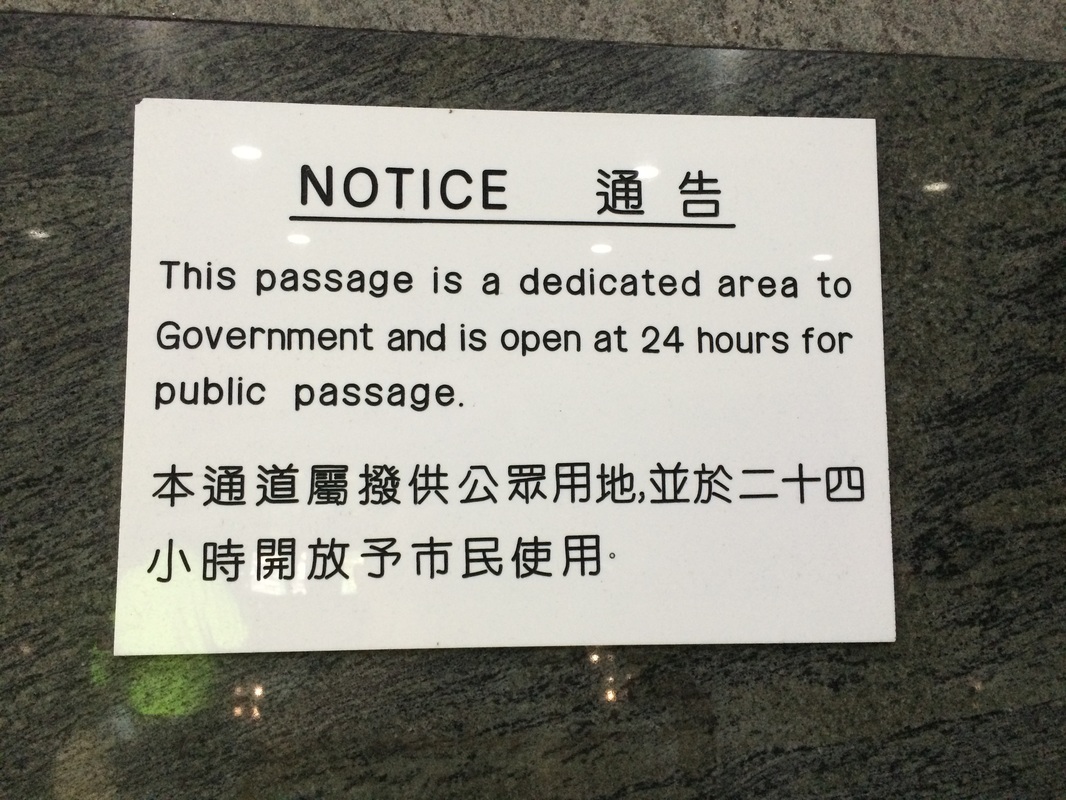|
When I'm strolling around Hong Kong, I keep my eyes open for unusual signs like the one featured today below. Signs can go on display to the public for long periods of time, so usually writers take some care to get the wording right. When the wording is NOT right (as here), it suggests a problem that may be widespread among users of English. In this case, there are two examples of non-standard English in play. The one I want to focus on in this post is the time expression 'open at 24 hours'. In standard English, the preposition 'at' is used in time expressions only when we want to specify a POINT in time:
* The office opens at 9 am. * The official will arrive at 3:30pm. In this sign, though, the writer wants to refer not to a specific point in time but to a period of time, or duration. There are two key ways of expressing this in English. 1) By using time expressions expressing duration without any preposition. * This passage is open 24 hours. * Our hotline operates seven days a week. * The exhibition is showing all year. 2) We can also use time expressions expressing duration after the preposition 'for'. Adding the preposition 'for' can imply that the duration mentioned is or may be temporary: * The passage will be open for 24 hours. (suggesting that after 24 hours it will be closed) * He has worked for the Department for 10 years now. (suggesting that he may cease working for the Department in the future) * She is having a rest for a while. (suggesting that after a while she will stop resting and get back to work) Since there is no implication that the opening times of the passage mentioned in the sign may only be temporary, it would be correct to change it to: * This passage … is open 24 hours for public passage.
0 Comments
Your comment will be posted after it is approved.
Leave a Reply. |
About this blogThis blog arises from keeping an eye on English in Hong Kong. I often use signs, notices and advertisements that I see as starting points to write about English issues that commonly challenge Hong Kong writers. Archives
October 2017
Categories
All
|


 RSS Feed
RSS Feed